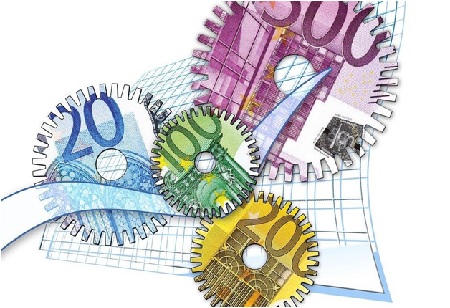
Currency exchange fluctuations – How do they affect the economy?

 Volatility in the currency markets has pick up once again in 2022, after a long period of tight daily ranges and limited catalyzers for larger moves. If you are currently investing in currency pairs, you should be prepared. FX, or forex, currency movements are expected to be wide ranging for a while.
Volatility in the currency markets has pick up once again in 2022, after a long period of tight daily ranges and limited catalyzers for larger moves. If you are currently investing in currency pairs, you should be prepared. FX, or forex, currency movements are expected to be wide ranging for a while.
Some currencies are posting significant moves, such as the Japanese Yen, which has reached levels against the US Dollar not seen in over two decades. Such developments can impact not only currency exchangers. Their effect is much wider than that. That’s why it would be wise for you to get to know just how these fluctuations affect the economy.
Importers and Exporters
In a globalized economy, commerce is mostly executed between nations with different monetary units. The exchange rate of the local currency plays an important role in the process - and in the price that the consumer pays at the end of the day.
Inflationary/deflationary pressures
A depreciating currency means that the purchasing power of money falls, so even if people have the same income, they can buy less with it. This naturally translates to an inevitable rise in inflation, as sellers are forced to adjust their prices higher, in order to compensate for the fall in exchange rates.
On the other hand, a rising currency has a deflationary effect. Exchange rates are active 24/5 and are influenced by capital flows. Thus, forex trading is growing increasingly popular, since it is possible to take advantage of currency movements and to trade on its derivatives.
Consumption
When measuring GDP, consumption represents a significant role, especially in advanced economies, where its share can go as high as 70%. In case the currency exchange fluctuates significantly (at least a 10% change), consumer behavior can be affected by it. For this to happen, the currency should depreciate/appreciate heavily, and this generally has a strong impact when the move happens during a short span.
Stable exchange rates, on the other hand, don’t have a substantial impact on the economy. That is not the case currently, however, when consumer spending is slowing even in the USA.
Investments
Domestic and foreign investments can also be influenced by exchange rate movements, and this is another variable used in the formula for GDP calculation. Investors are reluctant to place their funds in a country where the currency drops, because the profit is made from the margin between two currency pairs. This margin is negative when they need to exchange that local currency back into a major currency, like the US Dollar or Euro. That’s why assets in emerging markets are cheaper, both in local currency terms and in the USD.